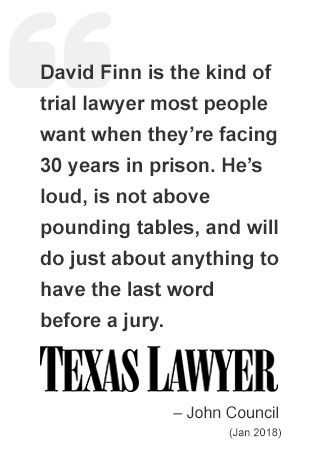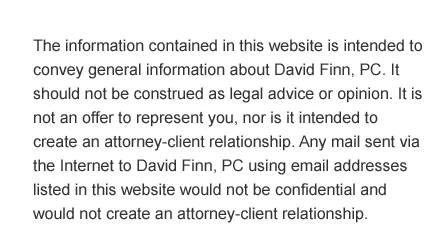


United States Supreme Court Reverses Arthur Anderson Conviction
As Enron’s financial difficulties became public, Arthur Anderson, Enron’s auditor, instructed its employees to destroy documents pursuant to its document retention policy. Anderson was indicted, tried, and convicted by a federal jury. The Fifth Circuit Court of Appeals affirmed the conviction.
But earlier today, the United States Supreme Court reversed the conviction because the trial court’s jury instructions failed to convey properly the elements of a “corrupt persuasion” conviction. In a nutshell, the Supreme Court disagreed with the trial court and the Fifth Circuit’s contention that the jury need not find any consciousness of wrongdoing in order to convict. Only persons conscious of their wrongdoing can be said to “knowingly…corruptly persuade.”
Bottom line: The trial court’s jury instructions “failed to convey the requisite consciousness of wrongdoing” required to impose criminal liability. Reversed and remanded.
Justice Rehnquist delivered the opinion for a unanimous Court.
Phone Numbers
Office: (214) 538-6629







